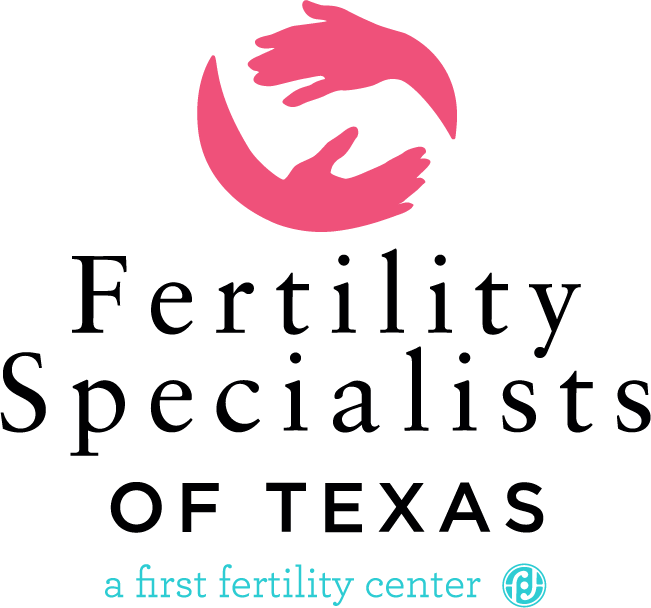Genetic Testing & Carrier Screening
Preimplantation Genetic Testing
(PGT-A)
Preimplantation genetic testing for aneuploidy, or PGT-A, was once preimplantation genetic screening or PGS. This process takes IVF embryos at the blastocyst stage and performs a cell biopsy on day 5 or 6 of development. We send these cells to a genetics laboratory to determine the chromosomal status of each embryo. The lab screens the embryos for aneuploidy (missing or additional numbers of chromosomes). This is a leading cause of miscarriage and implantation failure (failure of the embryo to implant into the uterus).

Gain Peace of Mind With Preimplantation Genetic Testing For Aneuploidy, or PGT-A
Assisted Hatching as Part of PGT-A
Screening for Chromosome Abnormalities
The lab screens all 23 pairs of chromosomes, including the sex chromosomes, for abnormalities. Doing so helps increase the chance of having a chromosomally healthy child. It can tell us if the correct number of chromosomes are present or if an abnormal number of chromosomes are present.
In addition, our Dallas-Fort Worth fertility center offers chromosome screening for couples who have frozen embryos from past cycles that need testing. Through this process, available at only a few IVF programs in the country, frozen embryos can be thawed and tested. We can determine if they are euploid (genetically healthy) male or female embryos, before being transferred back into the woman.
The laboratory we use for preimplantation genetic testing for aneuploidy utilizes the most sophisticated and scientifically validated Next Generation Sequencing technology for determining the chromosome complement in a single cell. Contact us to learn more.
What Can PGT-A Reveal?
PGT-A can detect:
- Trisomies (e.g., Down syndrome / Trisomy 21, Trisomy 18, Trisomy 13)
- Monosomies (e.g., Turner syndrome / 45,X)
- Sex chromosome abnormalities (e.g., Klinefelter syndrome)
- Other large-scale chromosome duplications or deletions
This information allows your physician and embryologist to make informed decisions about which embryos have the highest likelihood of resulting in a live birth.
Testing Preciously Frozen Embryos
At Fertility Specialists of Texas, we also offer PGT-A testing for previously frozen embryos. Through a specialized thaw-biopsy-refreeze protocol—available at only a limited number of IVF centers nationwide—we can thaw embryos from past IVF cycles, biopsy them for chromosomal testing, and refreeze them for future transfer. This provides an opportunity to gain critical genetic insights without repeating a full IVF cycle.
Advanced Genetic Technology
We partner with leading reference laboratories that utilize Next Generation Sequencing (NGS), the most advanced and scientifically validated method available for chromosomal analysis. NGS technology allows for high-resolution, accurate, and comprehensive detection of aneuploidies across all chromosomes, even when analyzing a very small number of cells.
Quick Links for
Genetic Testing & Carrier Screening
- Preimplantation Genetic Testing (PGT-A)
- Preimplantation Genetic Testing (PGT-M)
- Preimplantation Genetic Testing (PGT-SR)
Which Treatment is Right for You?
Schedule an introductory appointment with us, and our specialists can determine which path will be best to begin your journey to parenthood.
